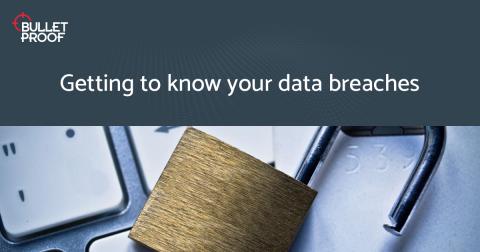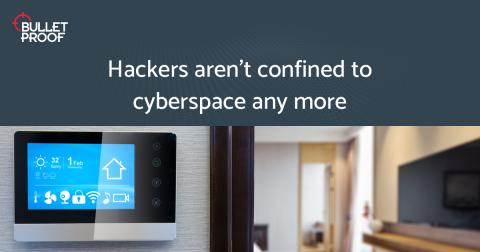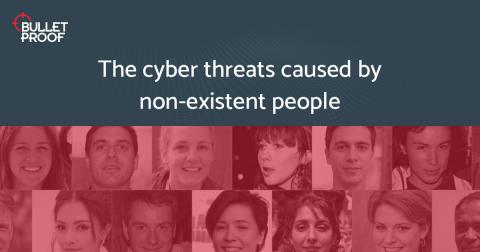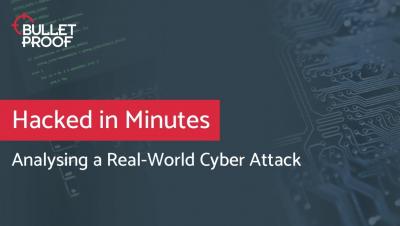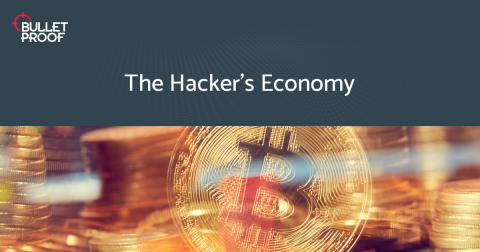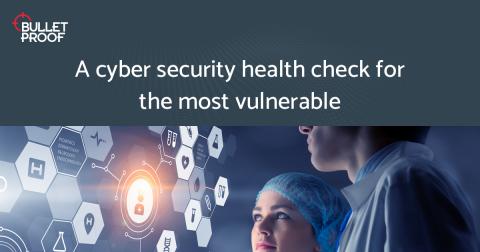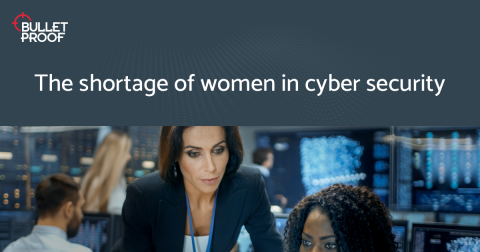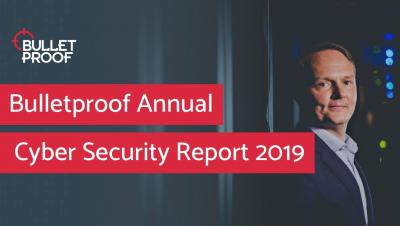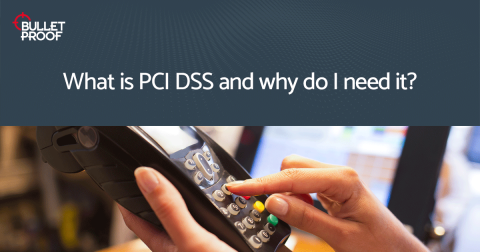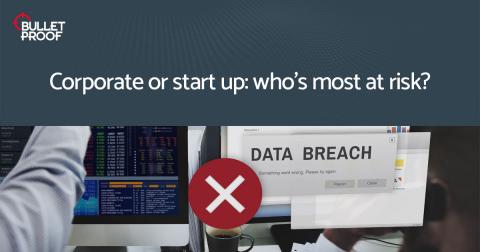Getting to know your data breaches
Since GDPR came into effect, people tend to be a lot more aware of their personal data or rather, data breaches containing their personal data. Most data breaches that appear on the news tend to be what I call ‘big boy breaches’. These refer to massive breaches from the big companies consisting of millions and millions of data records.


